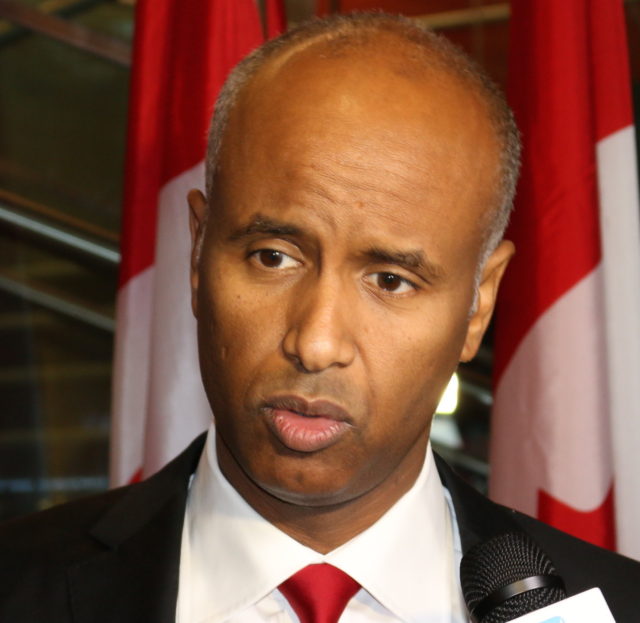April 16, 2018 – Ottawa, ON – One of the Government of Canada’s priorities is to ensure greater accessibility and opportunities for Canadians with disabilities. Today’s announcement by Immigration, Refugees and Citizenship Minister Ahmed Hussen of changes to the medical inadmissibility provision of the Immigration and Refugee Protection Act ensures that our immigration policies better align with Canadian values and reflect the importance that the Government places on the inclusion of persons with disabilities.
Under the 40-year-old policy, applicants could be found medically inadmissible to Canada based on a set of criteria out of step with a 21st century approach to persons with disabilities. Most of those affected are individuals who would otherwise be approved in the economic immigration class, and selected for the benefit their skills will bring to the Canadian economy.
While the number of refusals under this provision was not high, it resulted in cases where applicants or their children were refused despite the fact their health condition or disability was one readily accommodated in Canadian society.
The new policy on medical inadmissibility strikes a balance between protecting publicly funded health and social services and updating the policy to bring it in line with current views on the inclusion of persons with disabilities. The changes include increasing the cost threshold for medical inadmissibility to 3 times the previous level, and amending the definition of social services by removing references to special education, social and vocational rehabilitation services and personal support services.
Increasing the cost threshold will facilitate immigration for applicants with health conditions that typically require a limited range of health and social services and have relatively low health and social services costs. It is expected that this would dispense with a majority of the medical inadmissibility cases seen in Canada today.
Amending the definition of social services will bring the policy in line with Canadian values on supporting the participation of persons with disabilities in society, while continuing to protect publicly funded health and social services.This would also benefit applicants with intellectual disabilities, applicants with hearing or visual impairments, and others.
The Government has been reviewing all elements of the medical inadmissibility provisions since 2016. This included meetings with provincial and territorial governments, and discussions with stakeholders.
In addition, the issue was studied by the Standing Committee on Citizenship and Immigration, which recommended eliminating the policy. Going forward, the Government agrees with the Standing Committee’s recommendation to eliminate the policy and will collaborate with provinces and territories towards its full elimination.
“The changes we are announcing today are a major step forward in ensuring our immigration system is more inclusive of persons with disabilities, and reflects the values of Canadians,” states Ahmed Hussen, Minister of Immigration, Refugees and Citizenship.










